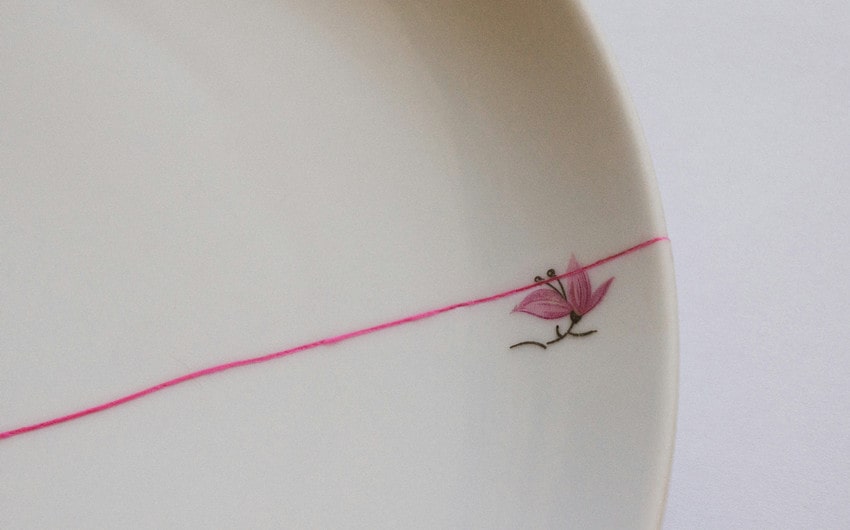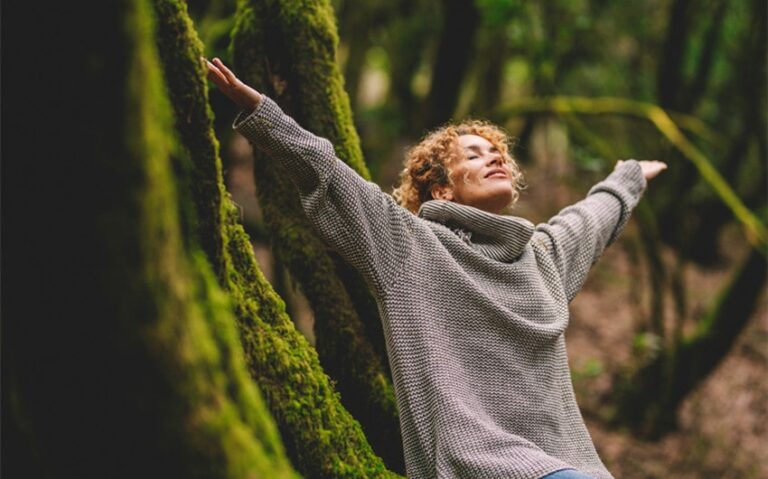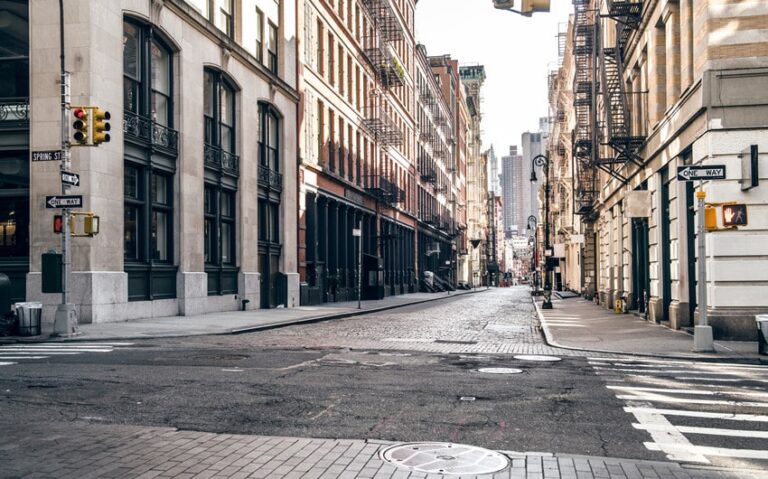Embracing The Unexpected Beauty in Life’s Imperfections
We spend so much of our lives chasing perfect moments, perfect plans, and perfect versions of ourselves. But somewhere along the way, we forget that life isn’t meant to be flawless. It’s often the small cracks, the missed turns, and the messy, unplanned parts that stay with us the longest.
That’s where the unexpected beauty in life’s imperfections quietly lives—hidden in the places we usually overlook. When we stop trying to fix everything, we start to see how much beauty was always there.
The Philosophy of Imperfection

All around the world, different cultures and philosophies have quietly celebrated what many people try to hide — the imperfect, the incomplete, and the broken. One of the most beautiful examples comes from Japan, through the concept of wabi-sabi.
Wabi-sabi teaches us to find beauty in simplicity, aging, and imperfection. It reminds us that nothing lasts forever, nothing is ever truly finished, and nothing is perfect — and that’s exactly what makes something beautiful.
Another inspiring practice is kintsugi, the Japanese art of repairing broken pottery with gold. Instead of throwing away a cracked bowl or cup, the artist carefully fills its cracks with gold lacquer. The idea is simple yet powerful: the object’s flaws and breaks become part of its history, making it more unique and valuable than before. The cracks aren’t something to hide; they are something to highlight and honor.
These philosophies invite us to look at our own lives differently. Rather than seeing mistakes, scars, or imperfections as something to fix or erase, we can see them as part of our story — proof that we’ve lived, grown, and changed. They remind us that perfection is an illusion, and the real beauty lies in the moments and experiences that are real, raw, and sometimes messy.
When we lean into this way of thinking, we begin to feel lighter. We realize we don’t have to polish every corner of our lives. Instead, we can breathe, accept, and even celebrate the cracks that make us who we are.
Imperfections in Nature & Creativity

If you ever need proof that imperfection is beautiful, just look outside. Nature is full of irregular shapes, crooked lines, and unpredictable patterns — and yet, it’s breathtaking. No two trees grow exactly the same way. Flowers bloom with petals that are uneven. Even the sky never looks the same two days in a row. It’s this wild, unplanned beauty that makes nature feel so alive and real.
We see the same thing in creativity. Some of the most memorable songs, paintings, and stories are not perfect — and that’s exactly why they move us. A painting with visible brush strokes, a voice with a slight crack, or a handwritten letter with smudges and crossed-out words all carry something that polished perfection never can: humanity. They remind us that behind every creation is a person who dared to express themselves, flaws and all.
Artists, musicians, and writers often talk about “happy accidents” — mistakes they made while creating something that ended up making the final work even better. Those unexpected moments of imperfection give art its texture and soul. It’s a reminder that creativity isn’t about following perfect lines; it’s about being open to the unexpected.
When we stop aiming for flawlessness and instead allow room for mistakes, creativity flows more freely. The imperfect parts become the most honest, heartfelt, and beautiful parts of what we make.
Personal Growth Through Imperfection

It’s easy to believe that we need to “fix” ourselves — to smooth out every flaw, hide every mistake, and be better, smarter, stronger. But the truth is, we grow the most through the things that didn’t go according to plan. Our failures, struggles, and imperfections shape us in ways success never could.
Think about the times you’ve stumbled, made a bad decision, or faced a challenge you weren’t ready for. Those moments probably felt uncomfortable, even painful at the time. But looking back, you’ll often find they taught you something important. Maybe you learned how to stand back up after falling. Maybe you discovered strength, patience, or empathy you didn’t know you had.
Real personal growth doesn’t come from being perfect — it comes from learning how to keep going when things fall apart. It comes from embracing your mistakes, forgiving yourself, and understanding that you are not defined by your flaws but by how you move forward.
When we accept our imperfections, we stop holding ourselves to impossible standards. We allow ourselves space to breathe, to grow, and to be human. And in that space, we find something powerful: self-compassion, resilience, and the quiet confidence that we are enough, exactly as we are.
Finding Peace in Imperfection

There’s a certain kind of peace that only comes when we finally stop fighting to be perfect. For many of us, the constant pressure to look right, do everything right, and never make mistakes can feel exhausting. We spend so much time and energy trying to control every detail of our lives, hoping that if we just get everything “right,” we’ll finally feel happy, safe, or good enough.
But the truth is, perfection is an impossible goal — and chasing it often leads to stress, disappointment, and frustration. When we finally learn to let go of that chase, something beautiful happens: we start to relax. We start to live.
Finding peace in imperfection isn’t about giving up or settling. It’s about accepting that life will never be flawless — and realizing that it doesn’t need to be. When we make space for the messy, unpredictable, and unfinished parts of life, we open ourselves up to joy, connection, and real happiness.
It might look like laughing at yourself when you make a silly mistake instead of beating yourself up. Or letting your home be a little messy sometimes because you’re busy living, not just cleaning. Or forgiving yourself for past failures because you know now that those moments helped shape who you’ve become.
Peace comes when we stop seeing imperfection as something to fix and start seeing it as something to live with — even celebrate. It allows us to breathe deeper, love ourselves more fully, and appreciate life not for how perfect it looks but for how real and meaningful it feels.






